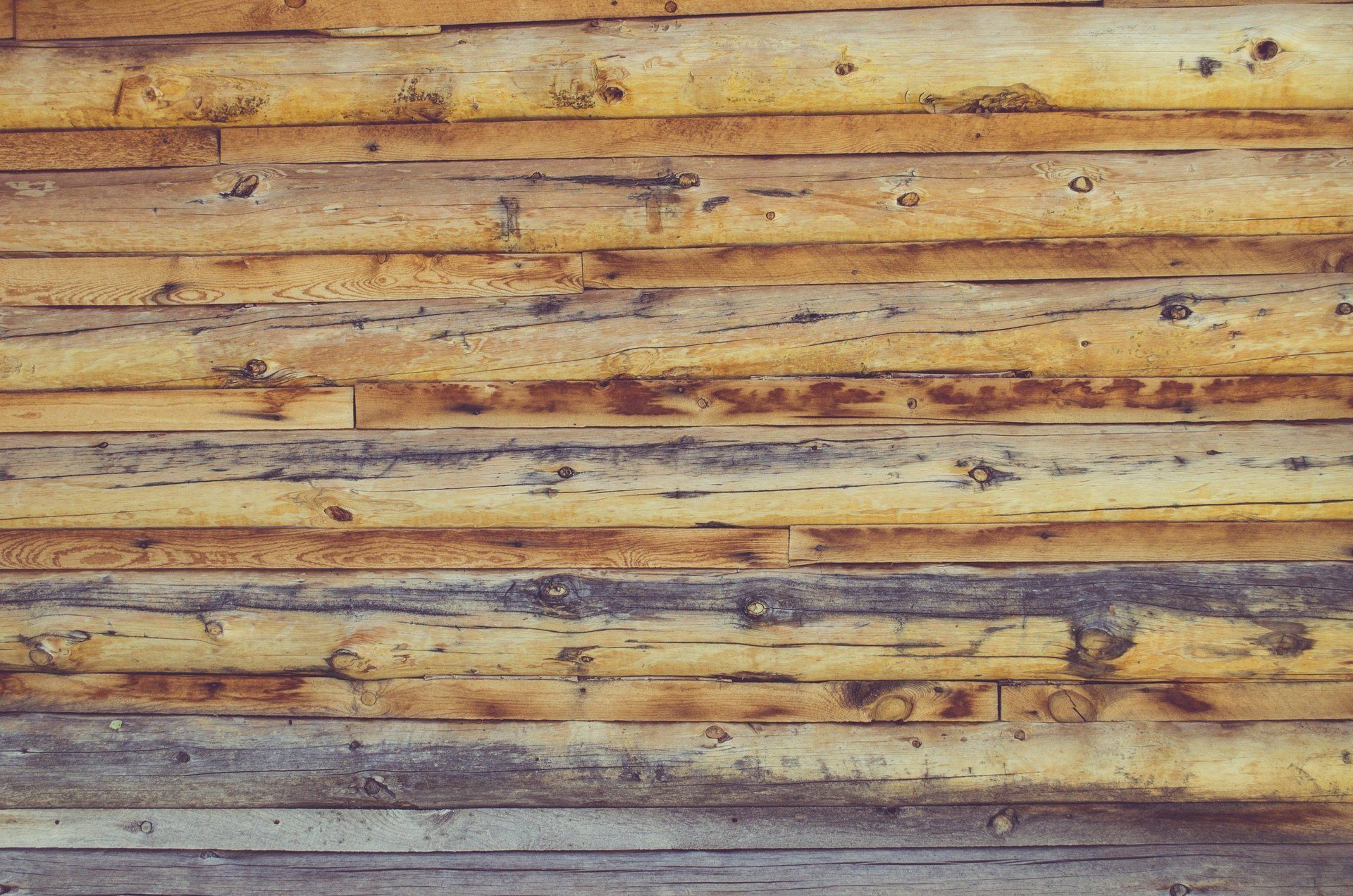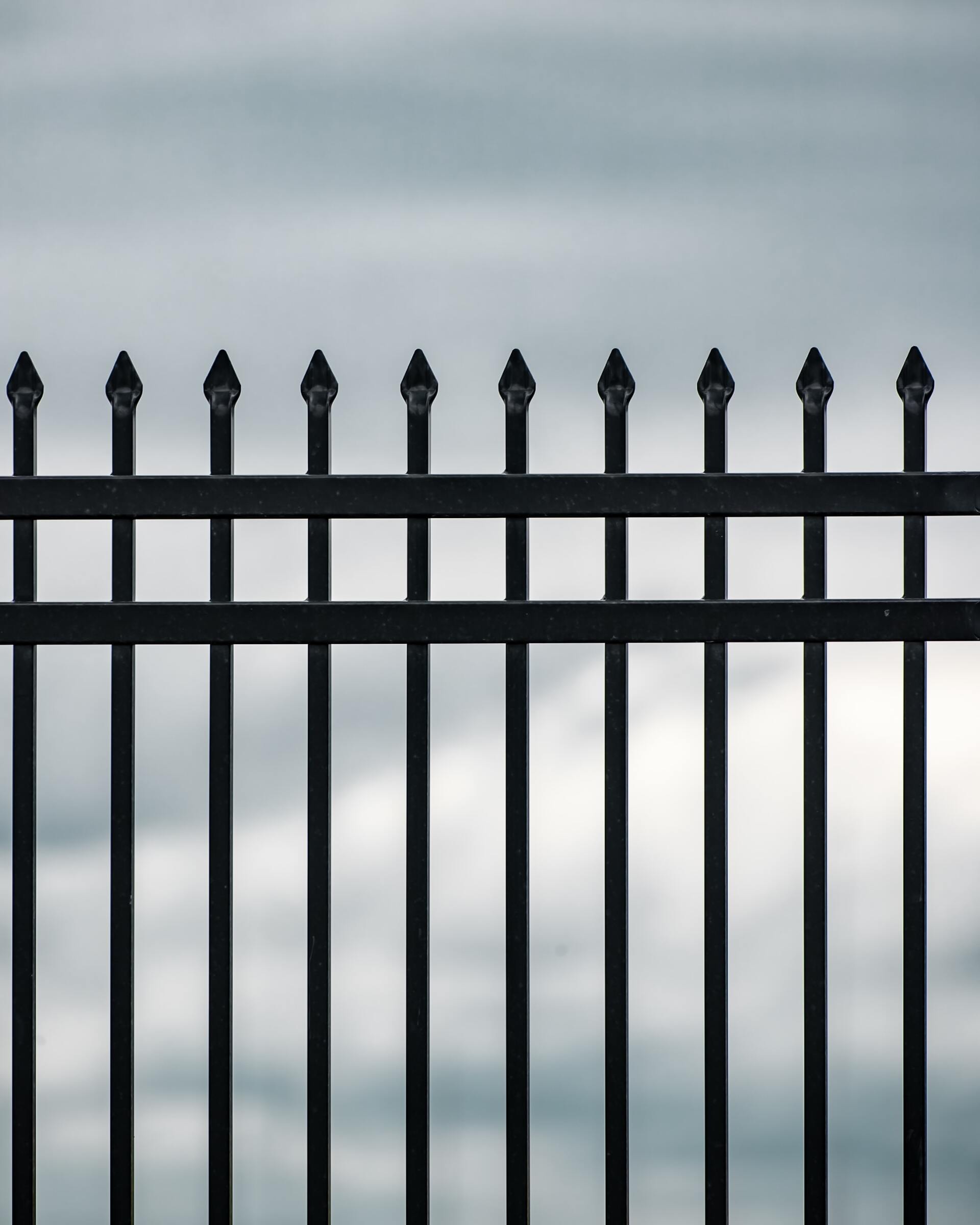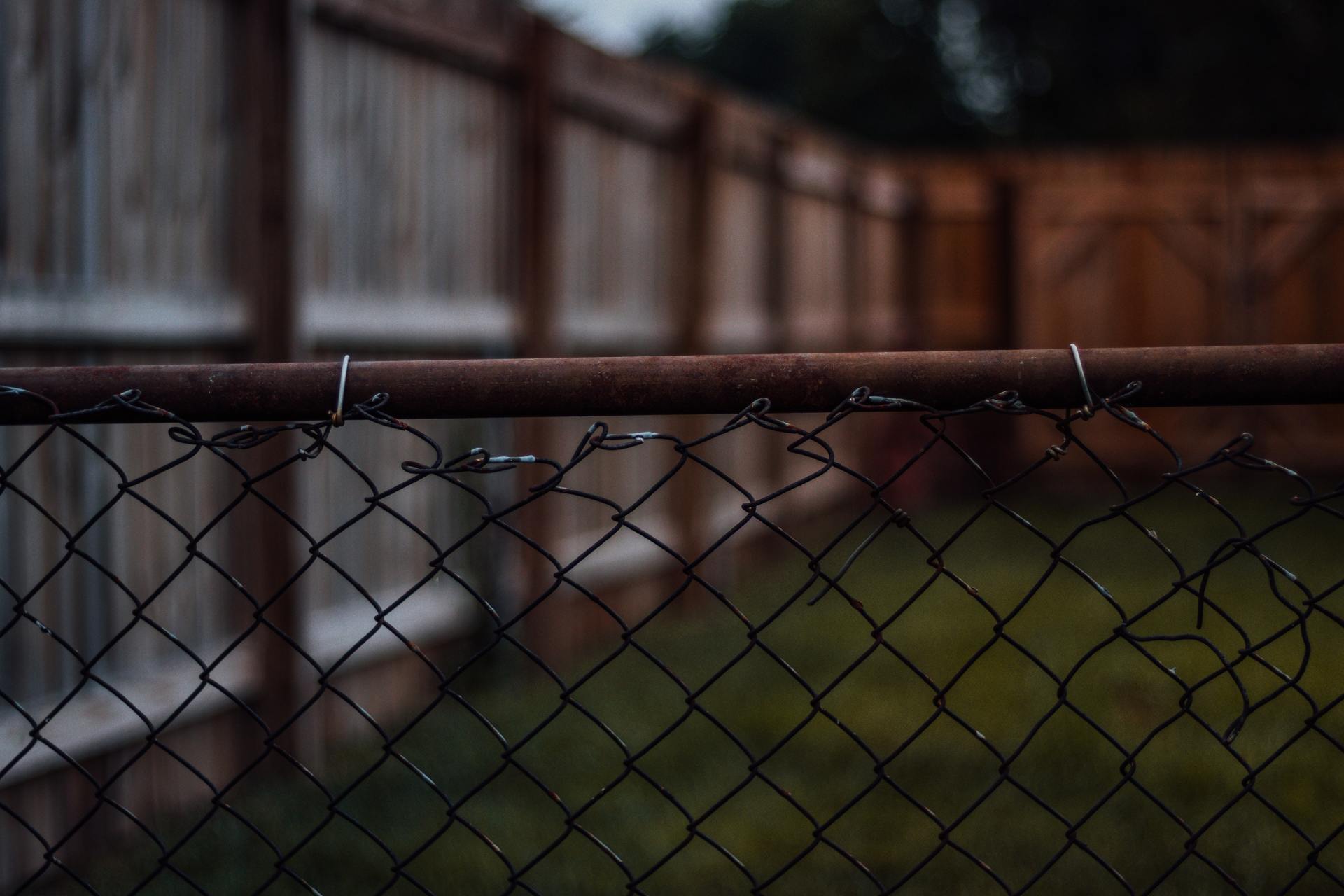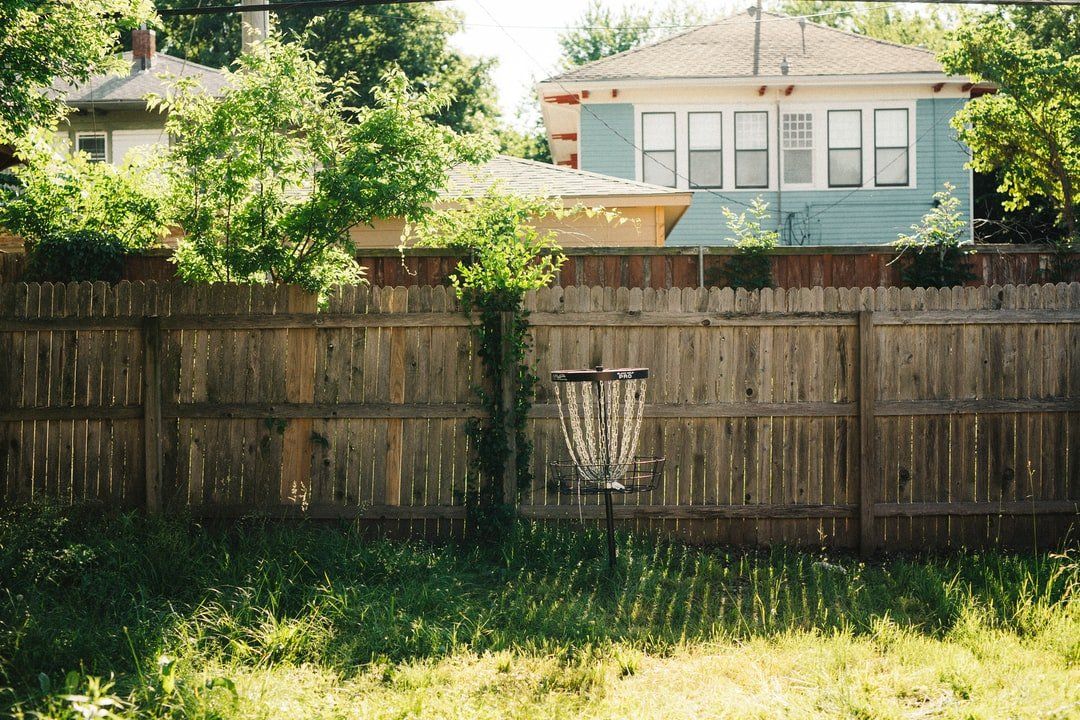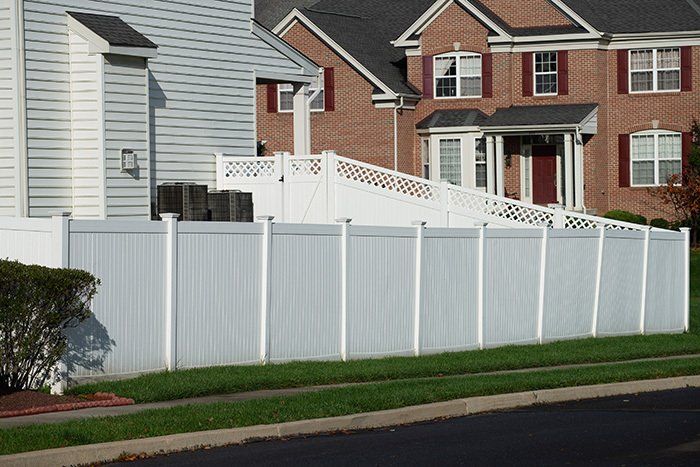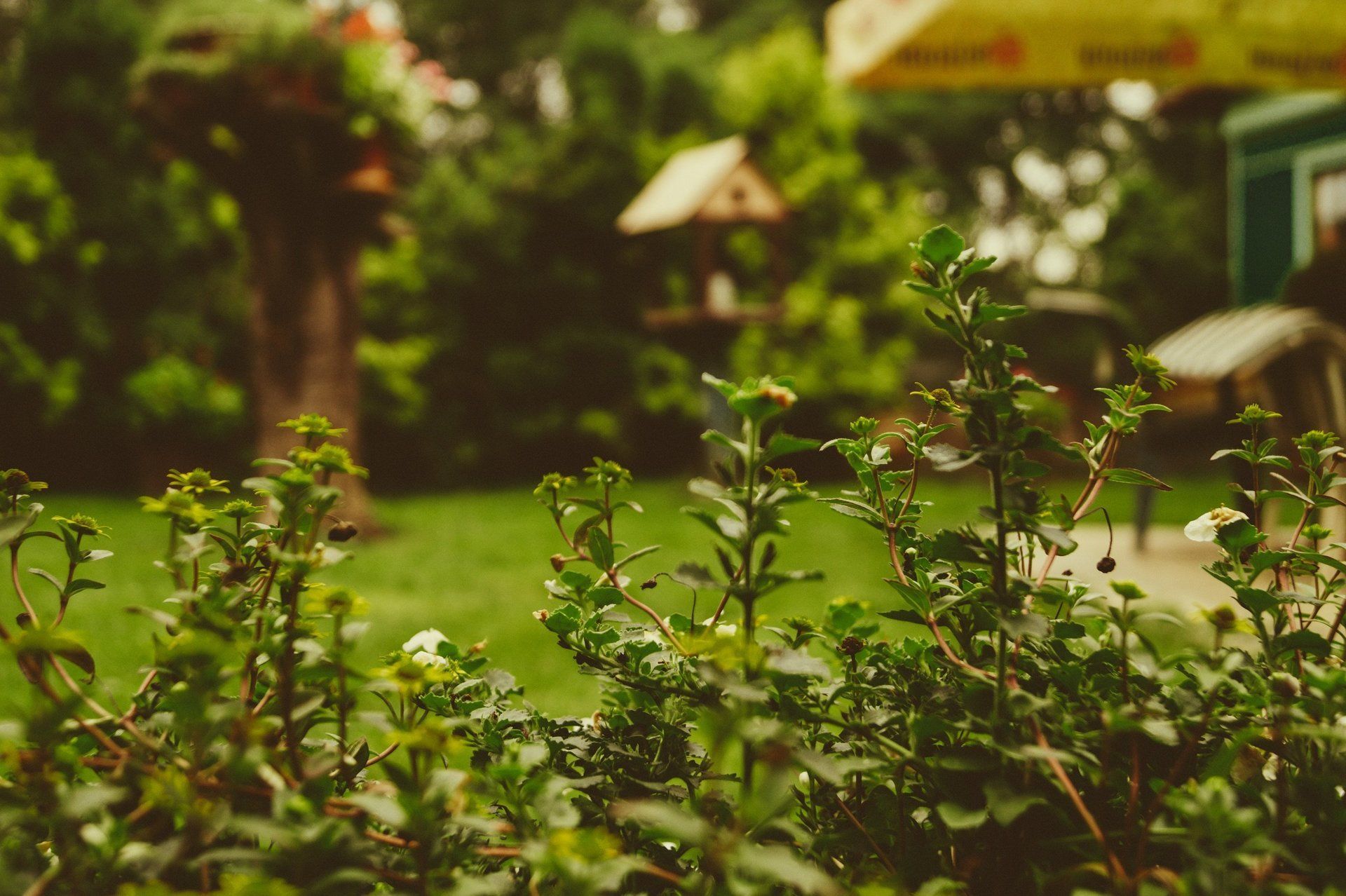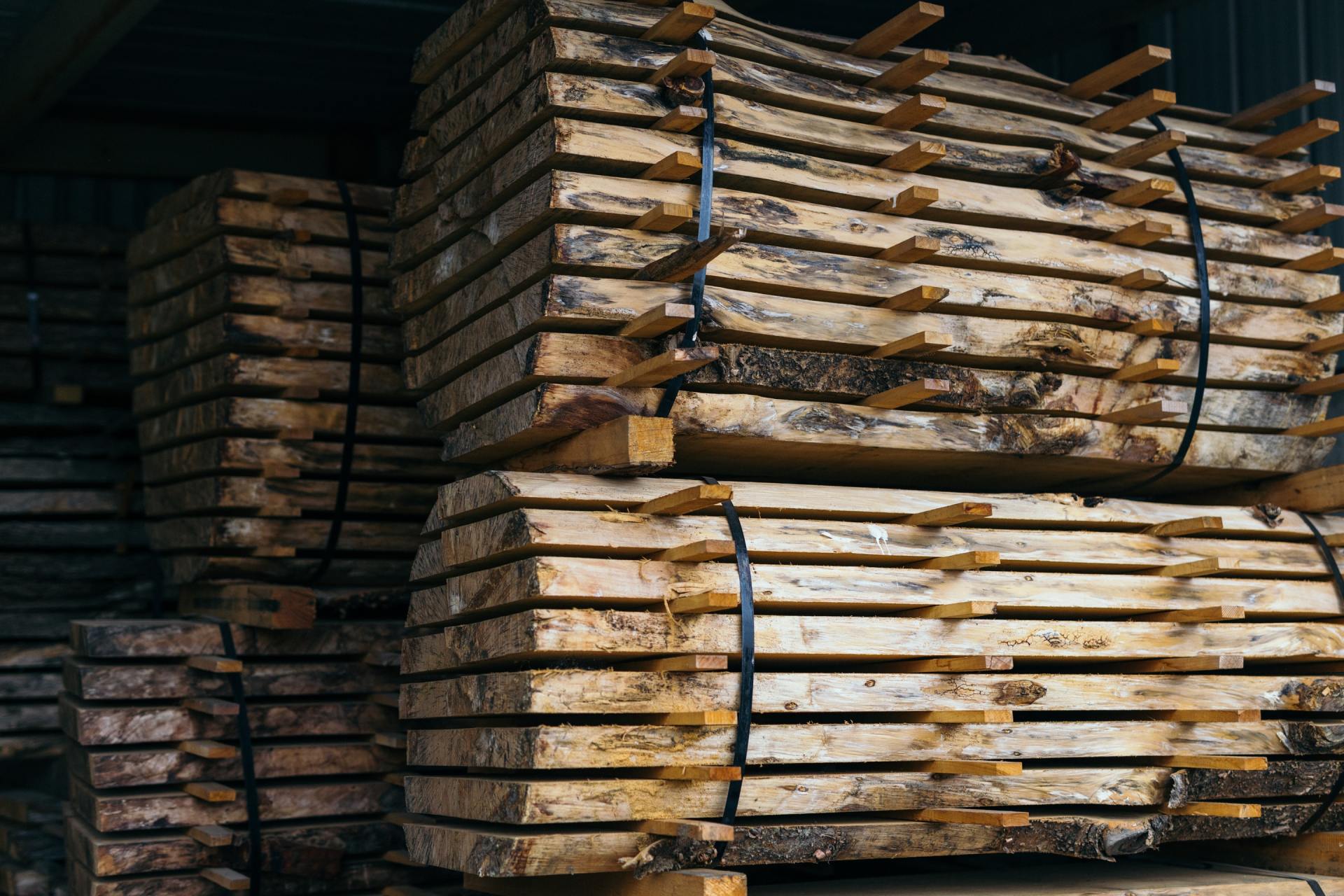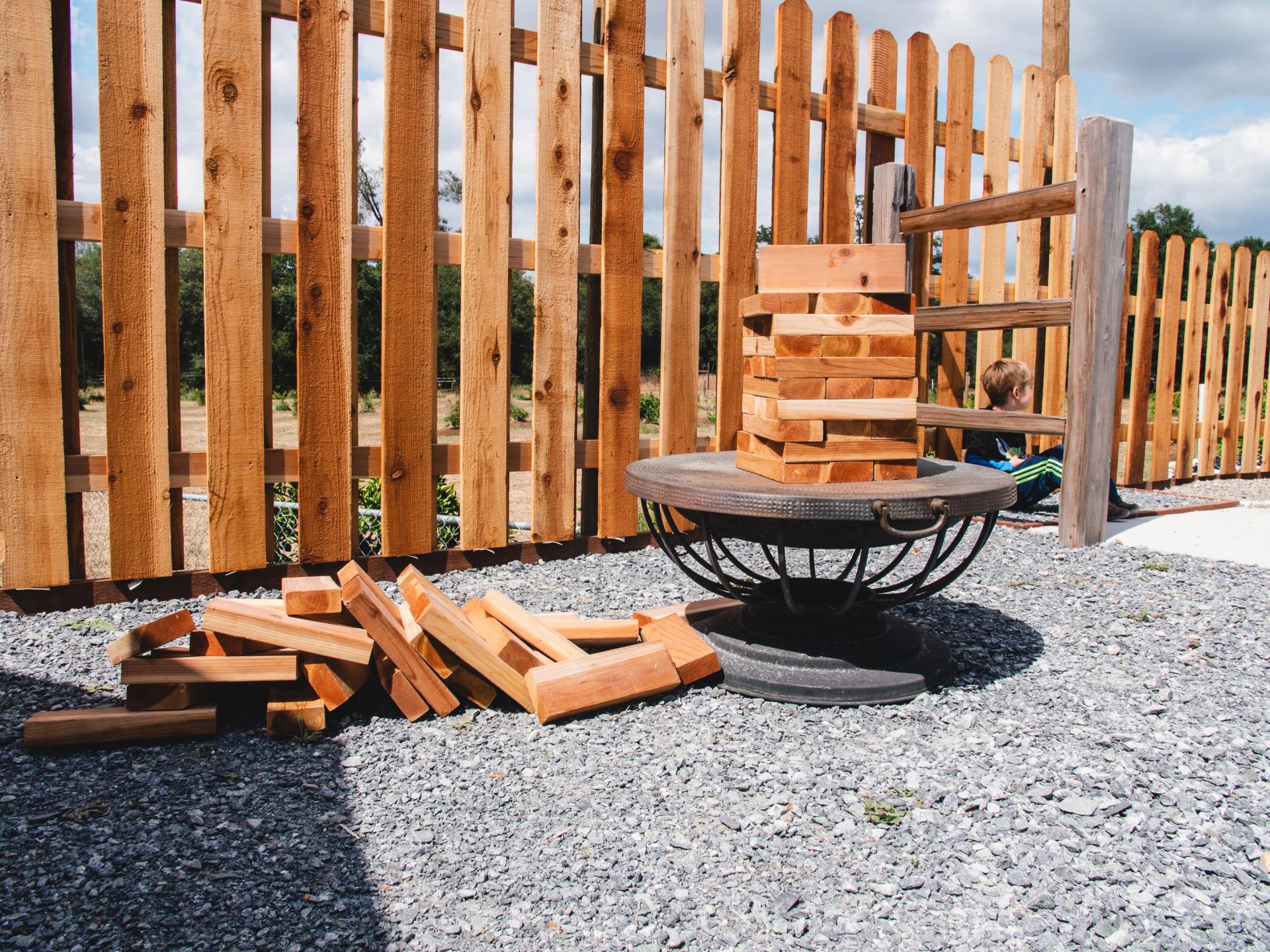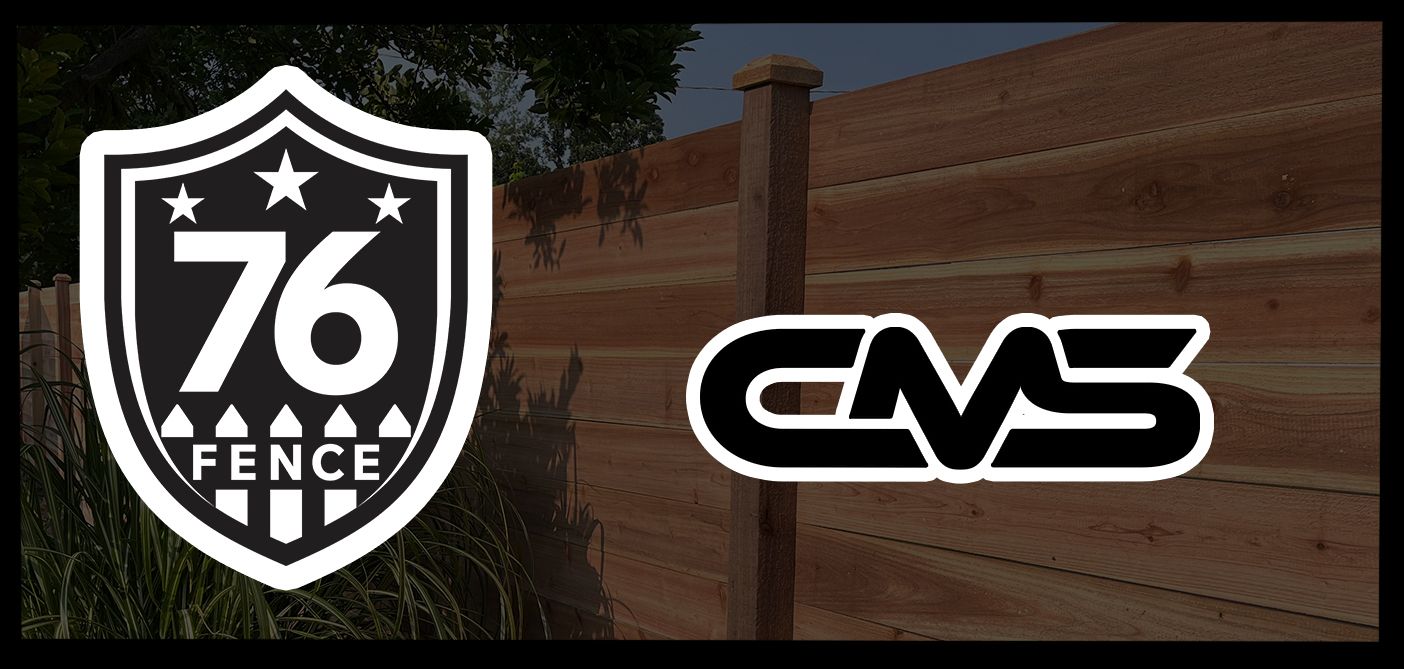How Much Does a Privacy Fence Cost?
Cost of a Privacy Fence
Most homeowners pay from $4,788 to $12,961 for a privacy fence. The national average price, which includes material and labor expenditures, is around $6,375.
Because most fence contractors charge by the linear foot for their work, it's helpful to know that the average pricing across different materials is around $45 per linear foot of fence installation. A number of variables can affect this pricing, and you could wind up spending anywhere from $44 to $66 per linear foot depending on your circumstances.
When it comes to privacy fence, how much does it cost?
Solid privacy fences can keep your garden safe from prying eyes and excessive noise, and they don't have to be prohibitively expensive to be effective. Here is a breakdown of the costs that may be associated with your privacy fence project:
- The average cost across the country is $6,375.
- The typical price range is $4,788 to $12,961 dollars.
- $3,400 is the very bottom of the barrel.
- $18,250 is the very top of the range.
Most homeowners in the United States may anticipate to pay between $4,788 and $12,961 for professional installation of a conventional 6-foot privacy fence around a regular-sized residential backyard in the average neighborhood. The precise cost of your project is determined by factors such as the size of your property, the fence material used, and the layout of your land.
An really big yard, high-end materials such as exotic woods and vinyl, or an unusually difficult job may push the price up to as much as $18,250.
A homeowner who wants to save money by using low-cost materials (such as bamboo panels) and a basic fence design, on the other hand, may pay as little as $3,400 for their fence.
Cost Estimator based on the size of the project
The majority of professional fence installers will price your project depending on the number of linear feet of privacy fencing you require for your yard or property. The size of your fence, therefore, is likely to have the greatest impact on its cost.
Price varies depending on the type of material used, the height of the fence and the design of the fence, but you can expect to pay around $45 per linear foot for a privacy fence (in contrast to a picket fence, split-rail fence, or decorative fence that does not give as much covering).
The most affordable privacy fences cost around $44 per linear foot, while the most costly fences cost approximately $66 per linear foot.
You can figure up an approximate estimate of how much a fence for your yard size would cost based on the average price of $45 per linear foot. According to this figure, a privacy fence for a small backyard of 200 linear feet would cost around $9,000 in total.
At the same rate, a typical backyard of 300 linear feet would cost around $13,500.
If you have a bigger backyard, around 500 linear feet in length, you should budget approximately $22,500 for your privacy fence.
Privacy fences are usually always seen in the backyard, for obvious reasons. Because they obstruct vistas, they are not commonly found in front yards. A privacy fence in the front yard may be prohibited in certain localities and many homeowners organizations.
The Influence of Other Factors on the Cost
Size is not the only quantity that can be quantified and computed with ease. The material you pick for your privacy fence, the position of your privacy fence in your yard, the neighborhood in which you reside, and other factors can all have a significant impact on the overall cost of your project.
Incorporating considerations such as these into your budgeting process for your ideal privacy fence makes the process a bit more difficult, but it results in a lot more accurate project estimate in the long run, as well.
Material for erecting a fence
It is not enough to have any fence if you want to maintain your privacy. If you have a chain-link fence, for example, your backyard will be visible to everyone passing by (unless you install additional privacy slats). Aluminum fencing, decorative wrought iron fencing, and conventional picket fences are all examples of fences that are both attractive and functional.
For a real privacy fence, you'll want to use a durable material. You'll find bamboo fencing to be the most cheap alternative. It comes in solid rolls or panels and costs from $12 to $23 per linear foot, depending on the style.
Various varieties of wood also make excellent privacy fences, and many of them are reasonably priced at between $12 and $30 each linear foot of fence.
Vinyl is arguably the most private of all the common fence materials since it comes in solid, sturdy panels with no gaps, making it the greatest choice for privacy. Vinyl fence, on the other hand, is a more expensive choice, costing between $22 and $38 per linear foot.
Fence Height
Height: Standard privacy fences are typically 6 feet tall. An 8-foot privacy fence, on the other hand, is also a possibility in some areas. Check with your local construction rules and homeowner's association restrictions to see if an 8-foot fence is permitted in your community.
If you decide to go with a taller structure, it will cost you more money. Plan on spending an additional 25 percent to 35 percent of your budget to cover the additional material.
In the majority of situations, a fence is rendered inoperable without a gate. You'll want to take this in mind when putting up your budget because gates are more expensive to install than normal fence panels are. Costly gate installation is a result of the more hardware required as well as additional labor required to complete the job.
Your overall expenses might be increased by anywhere from $175 to $1,200 if you install a privacy fence gate, depending on its height and ornamental features. That is the price per gate for your privacy fence; thus, if you want more than one gate, double the price by two or three.
The land's incline.
The levelness of the ground surrounding your fence, rather than just the fence itself, might have an impact on the pricing.
The contractor may need to grade the soil before they can begin installing anything in your backyard if it has an inclination to it. The precise cost of land grading may vary depending on the geography of your property, but you can expect it to add anywhere from $100 to $3,400 to the overall cost of your fence installation.
Permits
The location of your home determines whether or not you need a permission to construct a privacy fence on your property. If you hire a contractor, he or she will most likely take care of all of the essential permissions, and all you will have to do is pay.
Even if you are hiring a professional to install your privacy fence, you should check your local municipality's building rules to ensure that you obtain all of the necessary permissions before you begin construction on your privacy fence.
Permits may add anywhere from $20 to $400 to the final cost of your project, so don't be surprised if you get a high permit charge. When budgeting for your privacy fence, find out if you'll need a permit and how much it will cost you in advance of when you'll need it.
Extra Services
When looking for a fence contractor, keep in mind that you may require additional services in addition to your privacy fence installation when making your decision.
Does your property have any landscape elements that might require removal, for example, in order to create room for your fence? It is preferable to employ a contractor who can take care of this for you rather than having to a) remove them on your own or b) contract with a whole other company to do so.
Here are some extra services that are frequently provided in conjunction with the installation of a new fence:
Trees, shrubs, and stumps are being removed.
If the barriers in your yard are very huge or are placed in a challenging location, you may not be able to remove them on your own unless you hire a professional. Hiring a professional to remove items such as trees, shrubs, and stumps may be rather expensive, and you don't want any unexpected expenditures to come as a surprise.
When designing your privacy fence, make a note of any landscape features that will be in the way. During your initial consultation with a fence contractor, inquire if they can remove the trees for you or if they can recommend a local tree service to do the work. The size and placement of the tree, shrub, or stump will determine how much the professional will charge.
Added costs range from $585 to $1,570 each tree, $125 to $225 every shrub, and $275 to $616 per stump, depending on size.
The installation of a new fence
Perhaps you'd want to replace an old, dilapidated privacy fence with a new one. In this case, your contractor may assist you as well, because most fence installers will remove the current fence and take it away for you.
Your contractor will charge you for fence removal depending on the number of linear feet of fence that has to be dug up, just as they do for fence construction (typically per the linear foot).
Depending on the sort of fence you need removed, the cost may be more or lower depending on the difficulty of removing the structure.
The additional expense is between $3 and $5 every linear foot of fence that must be removed.
Painting or staining the wood
If you pick a wood privacy fence, you may need to paint or stain it after it has been installed, depending on the type you use. Wooden fences, for example, require a protective coating to keep them free of rust, warping, vermin, and other natural annoyances, among other things.
Even if you pick a vinyl privacy fence that does not require sealing, you may wish to change the color of the fence to match the style of your house or garden.
You have two options when it comes to painting or staining your privacy fence. You may either hire the fence installer to do it for you, or you can purchase the paint, stain, brushes, tarps, and a ladder and complete the project on your own time and budget. It doesn't matter which route you go; you'll spend more for a bigger fence or higher-quality paint or stain.
Added costs range from $500 to $3,000 each year.
DIY Privacy Fence Installation: How Much Does It Cost?
Some privacy fences are less difficult to install than others, depending on their design. Vinyl fence panels, for example, are simple to install since they snap into place. Rolls of bamboo or bamboo fence panels, on the other hand, may be very simple to build and are more cheap.
The most common choice is a wood privacy fence, but it would require a bit more effort to prepare and install all of the different components of the fence.
In order to save money on your privacy fence installation, you should budget at least a few days to complete the task. You should consider enlisting the assistance of a buddy because having an extra set of hands may make the task simpler and, in some cases, may even be required for certain phases in the process.
Equipment is required.
There are several different types of privacy fences, and the installation method for each differs somewhat. As a result, you may require slightly different tools for each type of fence.
You'll need the following equipment to construct a typical wood privacy fence on your own property. All of the required equipment is quite basic, and you may already be in possession of the majority of the tools.
In case you don't, we've gathered average pricing data from Lowe's, Home Depot, and Amazon to assist you in calculating an estimate of how much you would spend if you had to purchase all of the equipment from the store from scratch.
Materials are expensive.
For a normal backyard, a privacy fence that is around 150 linear feet in length is generally sufficient. A wood fence of such size requires the following materials, which are listed below. Based on the average pricing from Home Depot and Lowe's, we've calculated how much of each material you'd need and how much it would cost you.
Keep in mind that depending on the type of wood you select, the final cost of your project might be either more or cheaper. Tropical hardwoods and redwood are often the most expensive types of timber, with pressure-treated pine being the most cheap.
The cost of DIY installation versus the cost of professional installation
In all, you can anticipate to spend around $5,566 on tools and supplies, as well as a few days of your work, to construct your own wood privacy fence.
If you use bamboo for your privacy fence, you will most likely spend less money on materials overall. If your privacy fence is constructed of vinyl, you may expect to spend a higher price.
It should be straightforward for an experienced home renovation DIYer to put up a privacy fence, but it does take a certain level of familiarity with power tools and light construction, which not every homeowner possesses.
It's possible to employ a professional fence installation if you don't believe you're up for the challenge. If you hired a professional to install and paint the same 150 linear foot wood privacy fence as opposed to building it yourself, you would cost roughly $7,900.
Making the repairs yourself would save you over $1,500, but it would take a significant amount of time and effort on your part as well. Decide which option is the most worthwhile for you and go down that road.
Cost of Privacy Fencing varies depending on location.
The pricing of vinyl and bamboo privacy fence materials are generally consistent across the country, but this is not the case with wood privacy fence materials. As a result of the fact that some types of wood are more prevalent in certain places than others, different types of timber will have varied pricing points based on where you reside.
It doesn't matter whatever style of privacy fence you pick; the exact rate of expert labor will be determined by the current market conditions in your area.
Privacy Fences: Frequently Asked Questions
1. What is the cheapest privacy fence that you can find?
If seclusion is vital to you, bamboo rolls or panels are the most cost-effective fence alternative. Even while there are less expensive fence materials available, such as hog wire and chain-link, they are see-through and so do not make effective privacy fences.
2. Is it less expensive to construct a fence horizontally or vertically?
Vertical wood fences are less expensive than horizontal wood fences, and they are also more sturdy and long-lasting in general.
3. Is it preferable to use screws or nails while building a fence?
Both of these ideas are valid alternatives. The cost of nails is typically less expensive, but screws tend to survive longer and are easier to remove in the event that you need to make repairs later on.
Conclusion
Many communities have privacy fences, and installing one in your backyard may transform it into a peaceful, isolated retreat.
Despite the fact that privacy fencing is not the most economical fence design, it is still reasonably priced, with a national average overall cost of around $6,375, which includes expert installation. It is possible that the price will range from $4,788 and $12,961 depending on whether you use budget-friendly or more quality materials.
Alternatively, you could roll up your sleeves and construct your own wood privacy fence for a total cost of around $5,566 in supplies and tools. Again, the use of various materials or the construction of a particularly large or tiny fence can have a major impact on how much that price is for you to pay.
To figure out what a fence will cost you, please use our fence price calculator!
